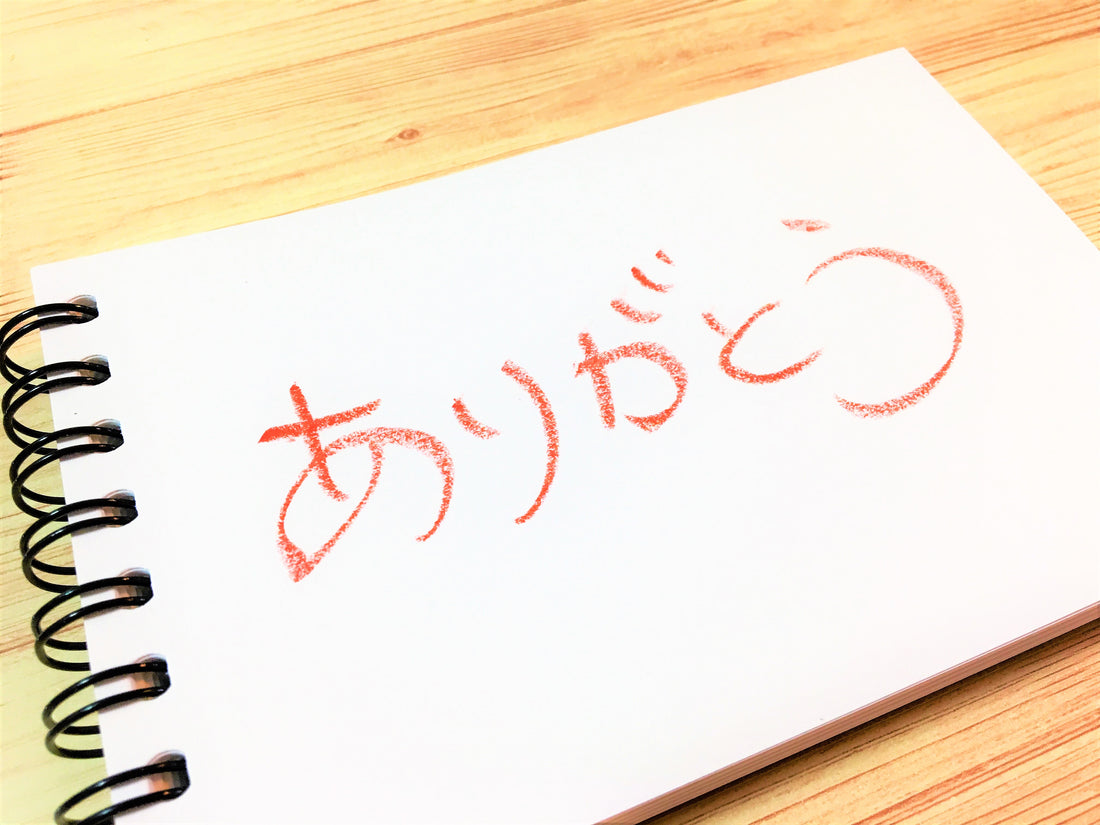
Essential Japanese Phrases for Foreigners: Navigating Everyday Interactions
Share
Unlocking Japan: Essential Japanese Phrases for Foreigners
Stepping into the vibrant world of Japan can be both exciting and daunting for a foreigner. While mastering the intricate language might take time, knowing some basic Japanese phrases can make your experience smoother and more rewarding. This article provides a comprehensive guide to essential phrases that will help you navigate everyday interactions, from greetings to shopping and dining.
Greetings & Basic Courtesy
- Konnichiwa (こんにちは): This is the most common greeting used throughout the day, roughly translating to "Hello." Use it when meeting someone for the first time or when addressing someone formally.
- Ohayou gozaimasu (おはようございます): Meaning "Good morning," this greeting is appropriate until around noon.
- Konbanwa (こんばんは): This phrase means "Good evening" and is used from late afternoon onwards.
- Sayounara (さようなら): A formal way to say "Goodbye." While commonly used, it's best reserved for situations where you might not see the person again.
- Arigatou gozaimasu (ありがとうございます): Expressing gratitude, this phrase translates to "Thank you very much." Use it for more formal situations.
- Domo arigatou gozaimasu (どうもありがとうございます): A more casual way to say "Thank you very much."
- Gomen nasai (ごめんなさい): This phrase means "Excuse me" or "I'm sorry." Use it for apologies or to politely get someone's attention.
- Sumimasen (すみません): Similar to "Gomen nasai," but used more often for general apologies or when asking for something.
- Onegaishimasu (お願いします): Meaning "Please," this phrase is used in many situations, from asking for assistance to making a request.
Navigating Everyday Interactions
- Eigo o hanasemasu ka? (英語を話せますか?): "Do you speak English?" This is a handy phrase for finding someone who can help you with language barriers.
- Wakarimasen (わかりません): "I don't understand." Use this phrase if you find yourself confused.
- Chotto matte kudasai (ちょっと待って下さい): "Please wait a moment." This is useful for holding someone's attention or asking for a brief pause.
- Douzo (どうぞ): "Please" or "Here you go." Use this phrase when offering something or inviting someone to proceed.
- Itadakimasu (いただきます): "I humbly receive." This phrase is said before a meal as a gesture of gratitude for the food.
- Gochisousama deshita (ごちそうさまでした): "Thank you for the meal." This phrase is said after finishing a meal to show appreciation.
Essential Phrases for Shopping and Dining
- Ikura desu ka? (いくらですか?): "How much is it?" This is a key phrase when you want to know the price of something.
- Kore o kudasai (これを下さい): "I'll take this." Use this phrase when you've chosen something you want to buy.
- O-mizu o kudasai (お水を下さい): "Please give me some water." A simple way to ask for water.
- O-cha o kudasai (お茶を下さい): "Please give me some tea." This phrase is used for asking for tea.
- O-kane o kudasai (お金を下さい): "Please give me the bill." This phrase is used for asking for the check at a restaurant.
Embracing the Language
Learning a few key phrases in Japanese can transform your travel experience. Even if you don't speak fluent Japanese, showing an effort to communicate with locals in their language will be greatly appreciated. Remember that Japanese culture values politeness and respect, so using these phrases will not only help you get around but also show appreciation for their customs.
Beyond these essential phrases, consider exploring apps and online resources to learn more vocabulary and grammar. With a little effort, you'll be able to connect with the people and culture of Japan on a deeper level.
